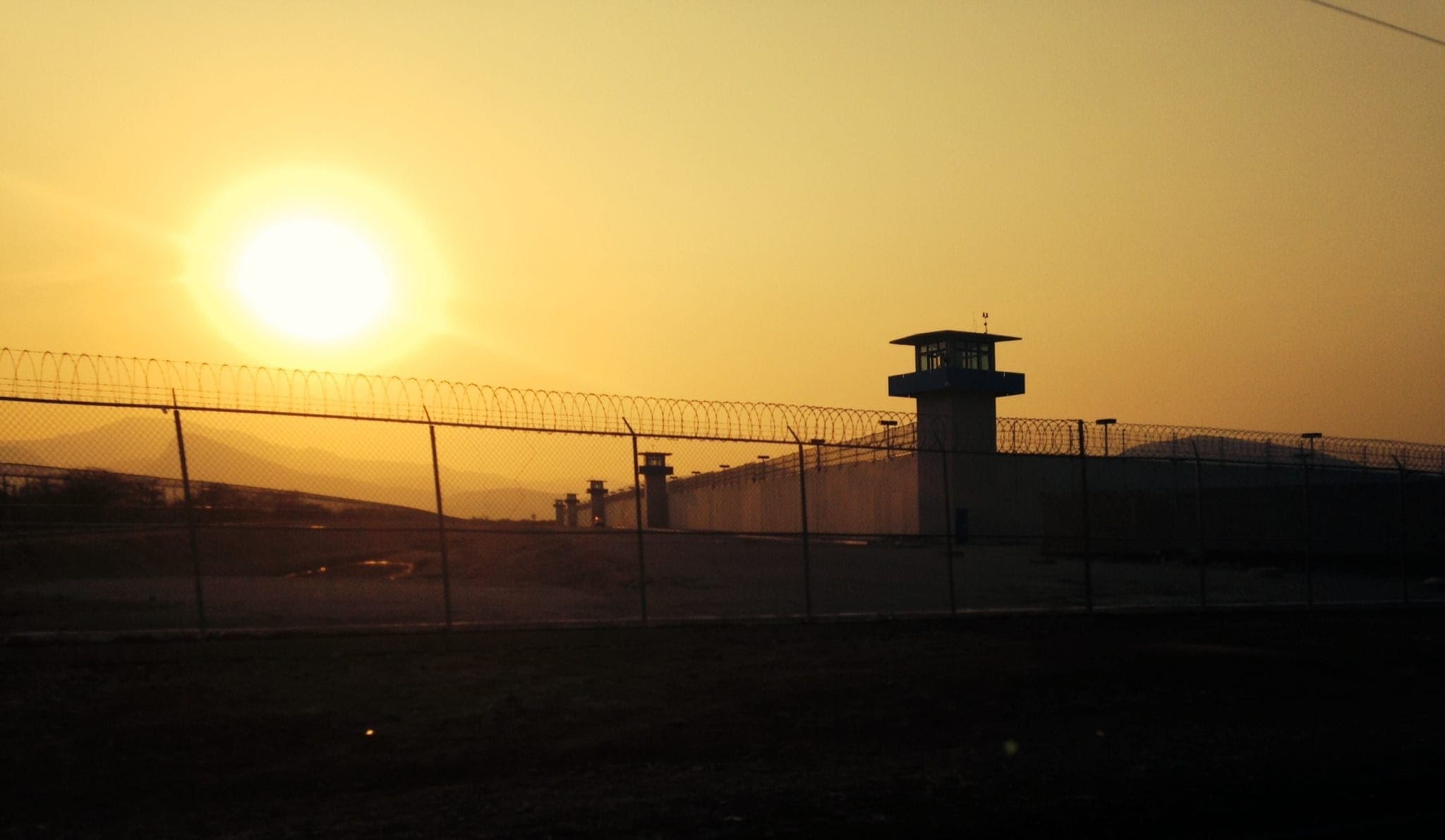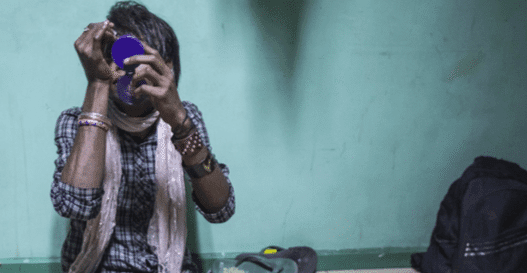Below you’ll find breaking news as well as reports, updates on our campaigns, and victories.
If you are a member of the press, please reach out to [email protected]

Press Release
Scandalous proposal to increase jail terms for women accused of abortion in El Salvador
A new proposal by a group of parliamentarians from opposition party ARENA in El Salvador to increase jail terms for women accused of having an abortion to up to 50 years is scandalous, irresponsible and flies on the face of basic human rights standards, Amnesty International said.
July 12, 2016


Report
Surviving Death: Police and Military Torture of Women in Mexico
An unprecedented Amnesty International investigation of 100 women arrested in Mexico reveals that they are routinely sexually abused by the security forces who want to secure confessions and boost figures in an attempt to show that they are tackling rampant organized crime.
June 27, 2016







Press Release
Mexico: Sexual violence routinely used as torture to secure confessions from women
An unprecedented Amnesty International investigation of 100 women arrested in Mexico reveals that they are routinely sexually abused by the security forces who want to secure confessions and boost figures in an attempt to show that they are tackling rampant organized crime.
June 27, 2016







Press Release
Groundbreaking UN decision rules Ireland’s ban on abortion violates human rights
The UN Human Rights Committee’s ground-breaking decision that Ireland’s law prohibiting and criminalizing abortion violated the human rights of a woman who had a diagnosis of fatal fetal impairment will advance women’s rights in Ireland and beyond, said Amnesty International today.
June 9, 2016


Report
Harmfully Isolated: Criminalizing Sex Work in Hong Kong
In Hong Kong, selling sex is not illegal if one person operates from a private apartment. However, working in isolation places sex workers in a vulnerable situation at risk of robbery, physical assault and rape.
May 24, 2016







Report
Q&A: Policy to Protect the Human Rights of Sex Workers
1. Why does Amnesty International need a policy to protect the human rights of sex workers? Because sex workers are at high risk of human rights abuses in many countries around the world. Our policy outlines what governments should do to better protect them. 2. What kind of abuses are sex workers at risk of? Sex workers are at risk of a whole host of human rights abuses including: Rape Violence Trafficking Extortion Arbitrary arrest and detention Forced eviction from their homes Harassment Discrimination Exclusion from health services Forced HIV testing Lack of legal redress We have recorded many instances…
May 24, 2016







Press Release
Amnesty International publishes policy and research on protection of sex workers’ rights
Amnesty International today published its policy on protecting sex workers from human rights violations and abuses, along with four research reports on these issues in Papua New Guinea, Hong Kong, Norway and Argentina.
May 24, 2016







Report
Amnesty International Policy on State Obligations to Respect, Protect and Fufil the Human Rights of Sex Workers
This policy has been developed in recognition of the high rates of human rights abuses experienced globally by individuals who engage in sex work; a term that Amnesty International uses only in regard to consensual exchanges between adults. It identifies the most prominent barriers to the realization of sex workers’ human rights and underlines states’ obligations to address them.
May 23, 2016


Report
Sex Workers at Risk: A Research Summary of Human Rights Abuses Against Sex Workers
Amnesty International today published its policy on protecting sex workers from human rights violations and abuses, along with four research reports on these issues in Papua New Guinea, Hong Kong, Norway and Argentina.
May 23, 2016


Report
Outlawed and Abused: Criminalizing Sex Work in Papua New Guinea
In Papua New Guinea, it is illegal to live off the earnings of sex work and to organize commercial sex. Homosexuality is also criminalized and is the primary basis for prosecuting male sex workers. Amnesty International’s research found these criminal laws allow the police to threaten, extort and arbitrarily detain sex workers.
May 23, 2016


Report
What I’m Doing Is Not a Crime: The Human Cost of Criminalizing Sex Work in the City of Buenos Aires, Argentina
Formally the sale or purchase of sex in Buenos Aires is not illegal; but in practice, sex workers are criminalized through a range of laws that punish related activities, and which fail to distinguish between consensual sex work and human trafficking.
May 23, 2016


Report
The Human Cost of Crushing the Market: Criminalization of Sex Work in Norway
In Norway, purchasing sex is illegal but the direct act of selling sex is not. Other activities associated with sex work are criminalized including “promotion of prostitution” and letting premises used for selling sex. Despite high levels of rape and violence by clients and organized gangs, sex workers have a high threshold for reporting violence to the police.
May 23, 2016
